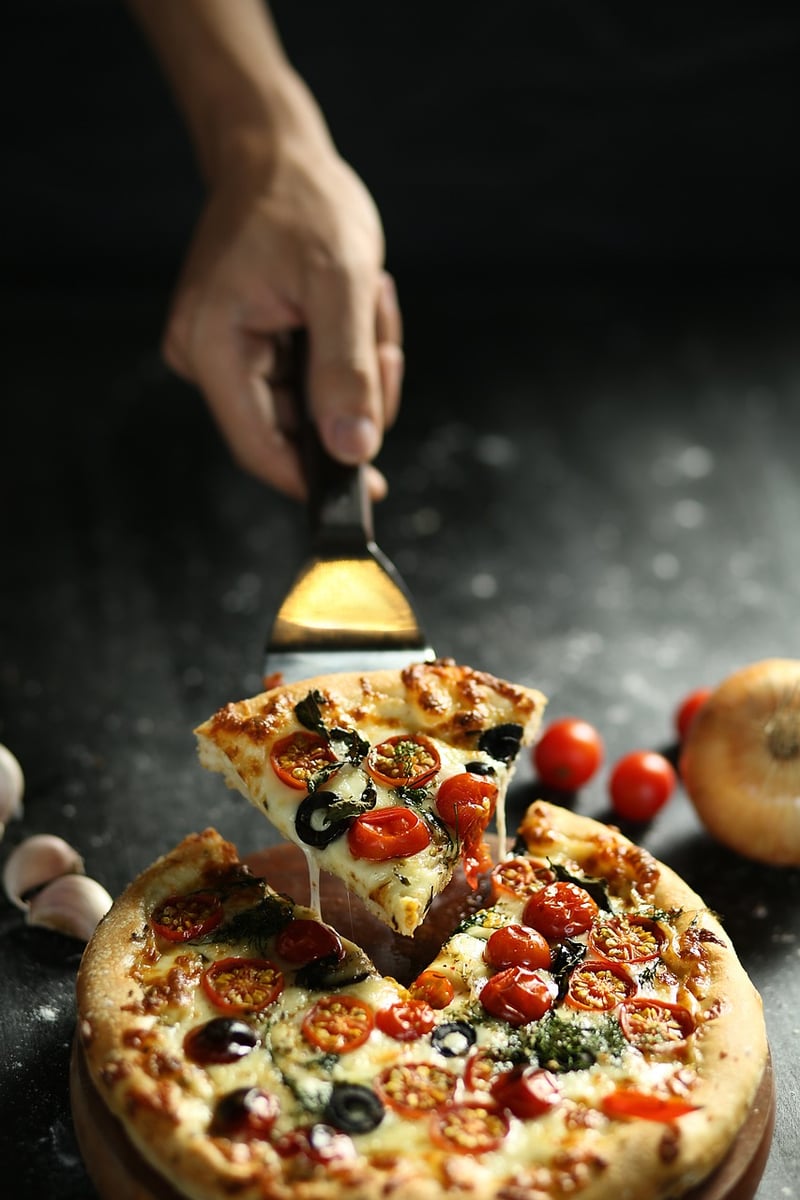Cultural Influences
The Evolution of Cuisine and Cultural Influences
Food is not just sustenance; it is a reflection of history, culture, and society. The evolution of cuisine is a fascinating journey that has been shaped by various cultural influences throughout the centuries. Let's delve into how different cultures have impacted the way we eat and cook today.
1. Ancient Civilizations
Ancient civilizations such as the Egyptians, Greeks, Romans, and Chinese laid the foundation for modern cuisine. They introduced ingredients, cooking techniques, and culinary traditions that continue to influence us today.
2. Spice Trade and Globalization
The spice trade played a significant role in shaping world cuisines. Spices like cinnamon, pepper, and cloves not only added flavor but also connected distant cultures through trade routes. Globalization further accelerated the exchange of culinary practices and ingredients.
3. Colonialism and Fusion Cuisine
Colonial powers like Spain, Portugal, France, and Britain spread their culinary influence to their colonies, creating fusion cuisines in places like India, Southeast Asia, and the Americas. This exchange resulted in dishes that blend diverse flavors and ingredients.
4. Immigration and Culinary Diversity
Immigration has played a crucial role in shaping the culinary landscape of many countries. Immigrants brought their traditional recipes and cooking styles, enriching local cuisines with new flavors and dishes. Today, we can enjoy a wide variety of global cuisines in our neighborhoods.
5. Modern Trends and Innovation
In the contemporary culinary scene, chefs and food enthusiasts continue to experiment with ingredients, techniques, and presentation. Food trends like farm-to-table, plant-based diets, and molecular gastronomy reflect our evolving tastes and concerns about sustainability and health.
6. Conclusion
The evolution of cuisine is a testament to the interconnectedness of cultures and societies. By exploring different culinary traditions and embracing diversity, we not only satisfy our taste buds but also gain a deeper understanding of our shared human experience through food.
Let's celebrate the richness of our culinary heritage and honor the cultural influences that have shaped the way we eat and enjoy food today.

Image source: Pixabay
